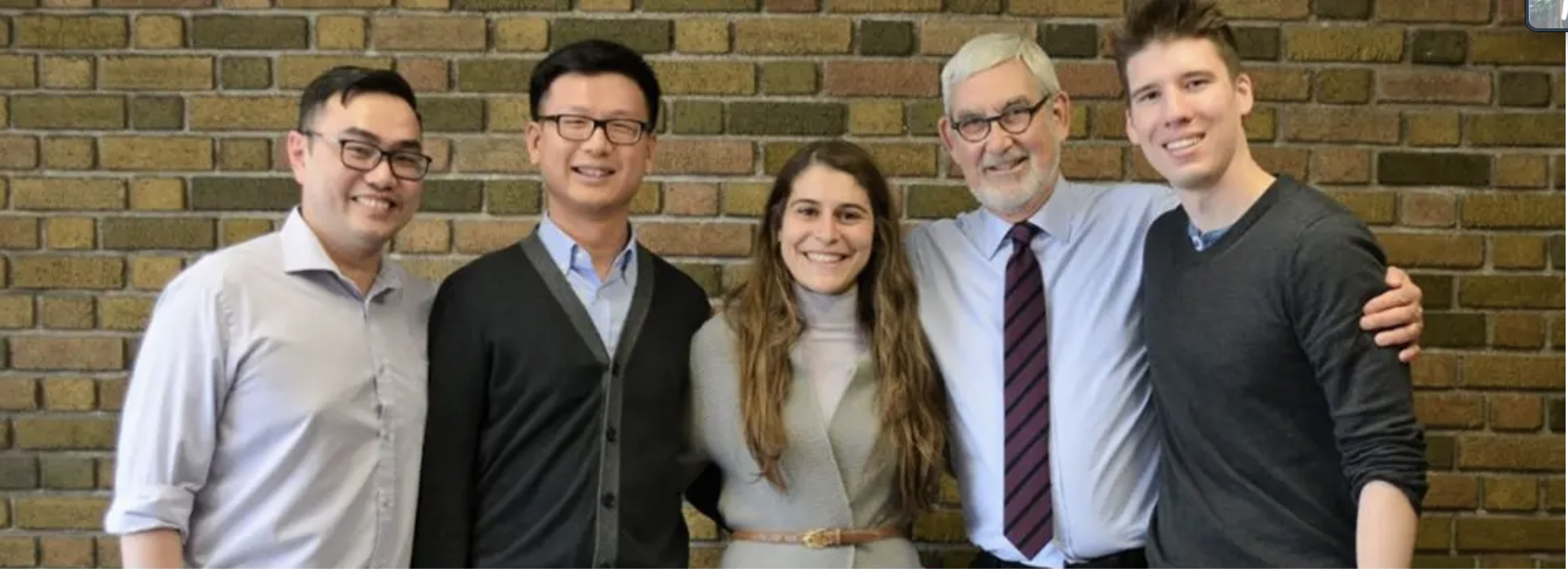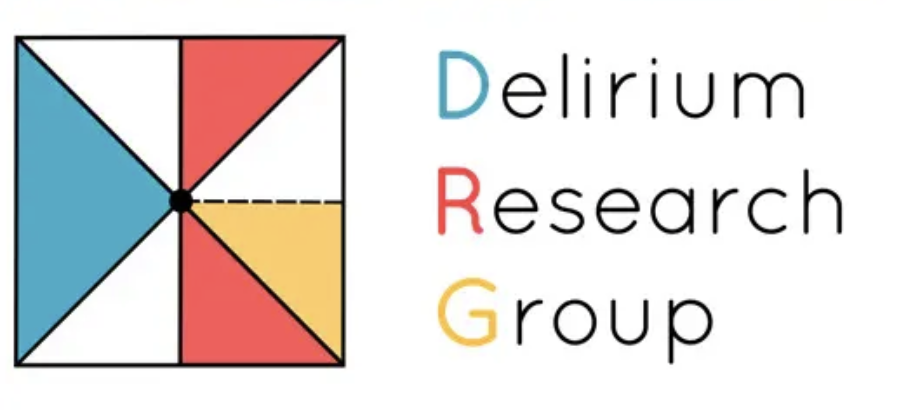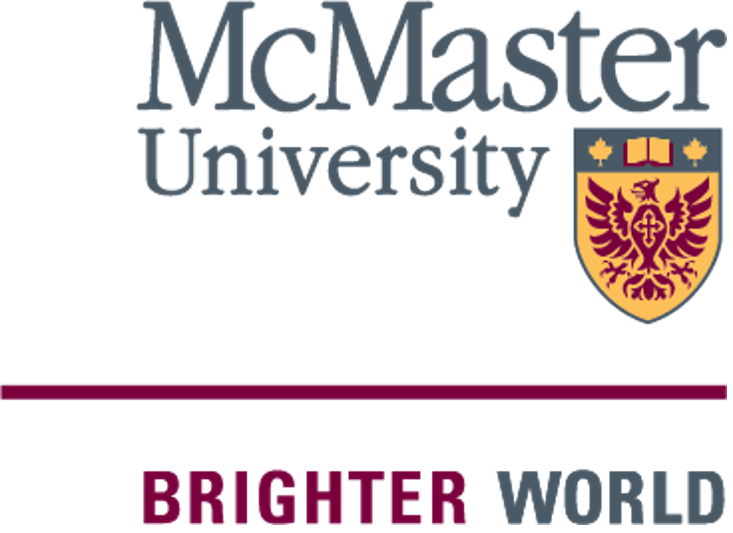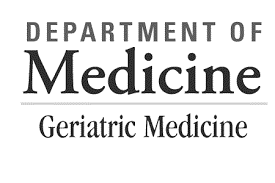Related Research
Learn more about our studies

Delirium Research Group
An interdisciplinary collaboration involving Hamilton Health Sciences, St.Joseph’s Health Care Network and McMaster University, supported by the Geras Centre for Aging Research

Composed of geriatricians, clinical nurse specialists, nurse educators, elder’s specialists, engineers, residents, fellows and medical students, the Delirium Research Group aims to improve the care of older adults in hospital. Delirium is a serious medical condition that affects older adults admitted to hospital with illness or injuries. The consequences of delirium include ongoing cognitive impairment, functional decline, long-term care admission, and increased mortality.
Our interdisciplinary collaboration allows ideas from multiple health professionals to contribute to improving the care of older adults by preventing delirium. The group has grown in size over the years since it was established in 2015. Multiple projects have been done by the group, leading to several conference abstracts and publications.
The group is led by Dr. Christopher Patterson, professor emeritus of geriatric medicine at McMaster University. He is a senior researcher at the Geras Centre for Aging Research.
The group has worked on improving recognition of delirium on the orthopedic ward by performing quality improvement projects about the Confusion Assessment Method. Efforts by the group led to an improvement in nurses’ detection of delirium. The group is also working on a delirium sign project that enhances communication between health professionals and families during a patient’s hospital stay. The Delirium Research Group latest initiatives involve the use of Fitbit devices to track orthopedic patients’ recovery after surgery.
Through years of quality improvement research at Hamilton Health Sciences, the Delirium Research Group developed a bedside communication tool to help improve care for older adults. A key goal of the tool was to prevent delirium, a common complication of hospitalization among older adults.



